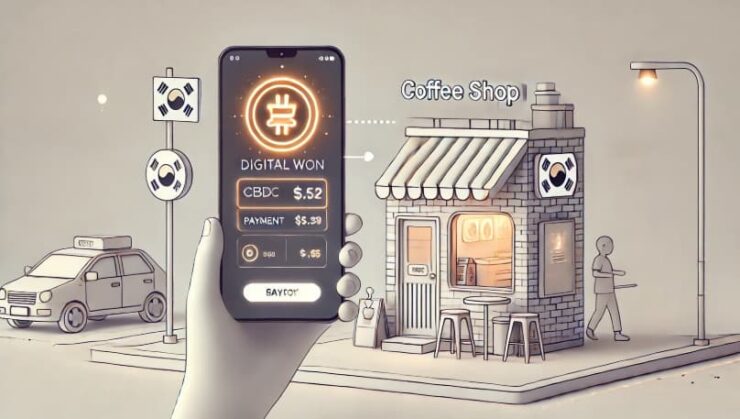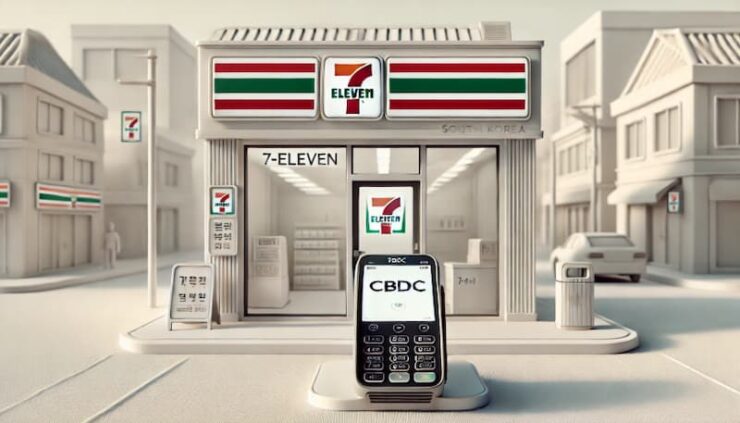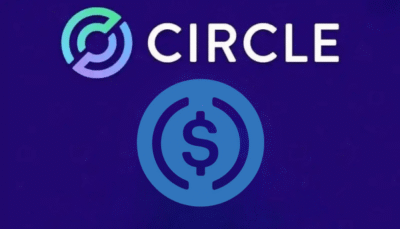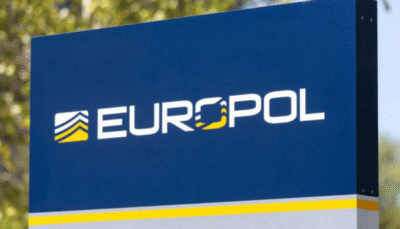7-Eleven South Korea has officially begun accepting payments in central bank digital currency (CBDC) as part of a national pilot program led by the country’s top financial regulators. The initiative, running from April 1 to June 30, is part of a broader push to explore how a digital version of the Korean won can function in everyday transactions.
According to Moon Dae-woo, head of 7-Eleven’s digital innovation division, customers who pay with CBDC during the test period will receive a 10% discount on all products.
On March 24, the Bank of Korea, the Financial Services Commission (FSC), and the Financial Supervisory Service (FSS) jointly announced the pilot program, which allows 100,000 selected participants to test digital won payments in real-world settings.
Eligible participants are allowed to convert their bank deposits into tokenized digital won, which will be stored on a distributed ledger. These tokens retain the same face value as traditional Korean won and can be used at participating merchants.
Participants can spend their digital won at various locations, including:
- Coffee shops
- Supermarkets
- Delivery platforms
- K-pop merchandise stores
- 7-Eleven convenience stores
To manage risks and ensure smooth testing, a 5 million won (approx. $3,416) cap has been placed on the total amount of CBDC users can convert during the trial.

How the Test Works — and Who’s Eligible
Participants in the test must be 19 or older and hold a deposit account at one of the participating banks, which include:
- KB Kookmin
- Shinhan
- Hana
- Woori
- NongHyup
- IBK
- Busan Bank
Registrations were limited to 100,000 users, and slots filled quickly following the announcement.
This pilot follows the Bank of Korea’s original plan, outlined in November 2023, to test a retail CBDC with public participation. The project was initially scheduled for Q4 2024, but authorities opted to launch earlier as part of a broader exploration of future-ready monetary systems.
While CBDCs share some similarities with cryptocurrencies, such as faster transaction times and digital-native functionality, they differ fundamentally in control and design. Unlike Bitcoin, CBDCs are issued, monitored, and regulated by central banks, with no expectation of anonymity.
The South Korean pilot aims to evaluate how this form of programmable money could be integrated into the nation’s economy while maintaining oversight, stability, and compliance with existing financial frameworks.
A Step Toward South Korea’s Digital Future
Financial regulators say the test is not just about digital payments, it’s a prototype for a future monetary system. The outcomes could help South Korea shape broader policy decisions around digital currency issuance, infrastructure, and adoption.
With participation from major retailers like 7-Eleven and full backing from financial institutions, South Korea is positioning itself at the forefront of CBDC innovation and offering a glimpse of what the future of money might look like in practice.





